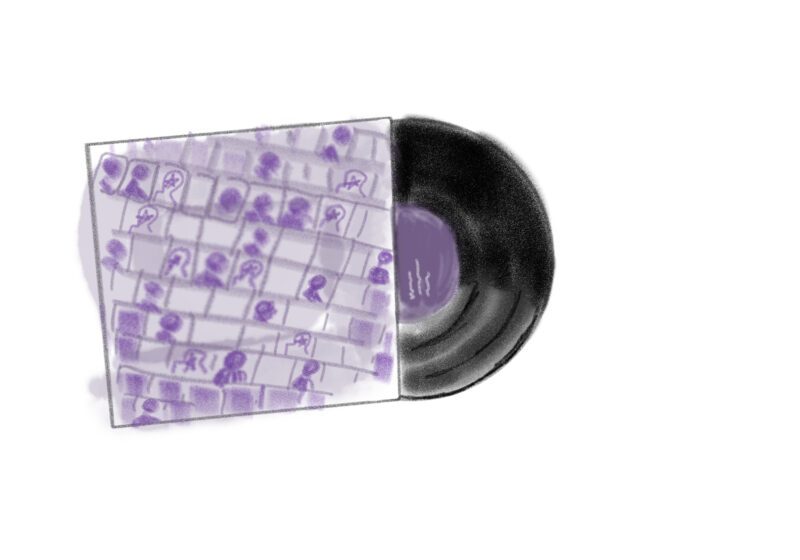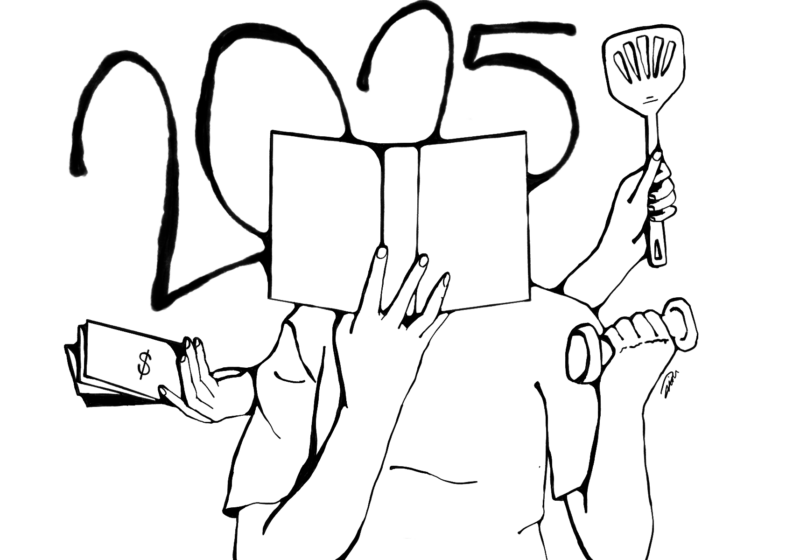UR’s hosting of a regional robotics competition for youths Sunday is admirable and forward-thinking. A local powerhouse giving area kids opportunities like that should be praised.
What should be criticized is the University’s lousy parking infrastructure. For much of Sunday afternoon, campus roads and lots were clogged with cars. To the naked eye, UR is incapable of conveniently handling the combined parking needs of students and employees and the public.
This is not a new issue, but it will persist until something is done, especially with UR’s growing student population and presumed interest in maintaining its community involvement.
Why hasn’t the University invested in an on-campus parking garage or parking deck? That’s a common question — one the Campus Times has asked for, at least, over a decade — and a valid one. Looking at the 18 colleges UR named as peer institutions in 2012, all but one have at least one on-campus or campus-adjacent parking garage.
Building one of these garages would be pricey. According to RSMeans, which bills itself as “the world’s leading provider of construction data,” an average underground parking garage costs around $7 million. Fixr, another construction cost estimator, lists a price of around $8 million for a five-story garage. But what if large alumni donations dedicated to shiny construction — like the planned iZone or the four-year-old Rettner Hall — instead also addressed practical needs of the UR community, like parking?
Think about it. Rettner is a beautiful space, and people use it because it’s there. But could some of that $12.8-million price tag — a figure including the “lead gift” made by the building’s namesake — have been better spent addressing a nearly universal issue like parking? As students have said over the years, there’s already a solid place for an above-ground garage: Library Lot. Rettner and Wegmans halls probably boost UR’s appeal to prospective students and faculty, and that is valuable. The point, though, is that customer service should be just as important as advertising.
The University’s non-attempts to deal with its parking problems match its trend of undertaking head-scratching construction projects that make students’ lives less convenient. For a second, ignore that College Town has seen businesses close left and right over the past few years. Just ask yourself about some more basic points: Why did UR uproot the campus-central bookstore and place it a mile away? Why is the parking garage in College Town only available to faculty and staff? Why is it so far from central campus in the first place?
These were opportunities to continue or improve the convenience of everyday life here, and they were squandered. They still are: When hosting an event like this weekend’s competition, why not let the public park in that garage and take a shuttle to campus, similar to what has happened in the past with accepted student days? That would help lessen traffic congestion on campus and help prevent people who pay to live here from being locked out of parking.
Baubles, sometimes, are great, and over time can end up being more than baubles. And many students love being part of a community where we can enjoy shiny, fun features. But if UR is going to continue to grow, it cannot continue to skimp on the basics. And alumni with the means to help with the fundamentals should do so. A parking garage wouldn’t be as flashy a thing to have your name on, but it would sure make a lot of people’s lives easier.



